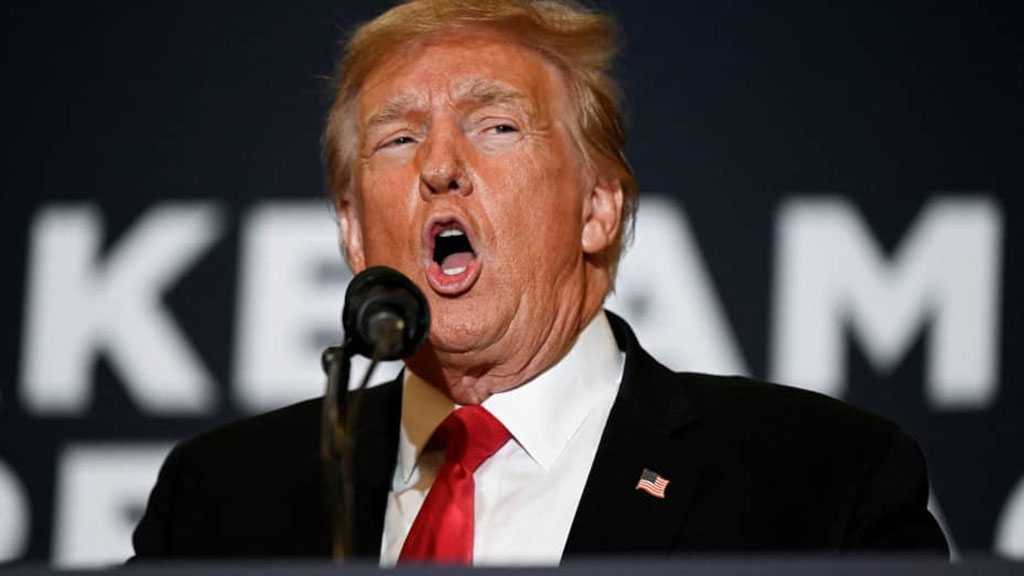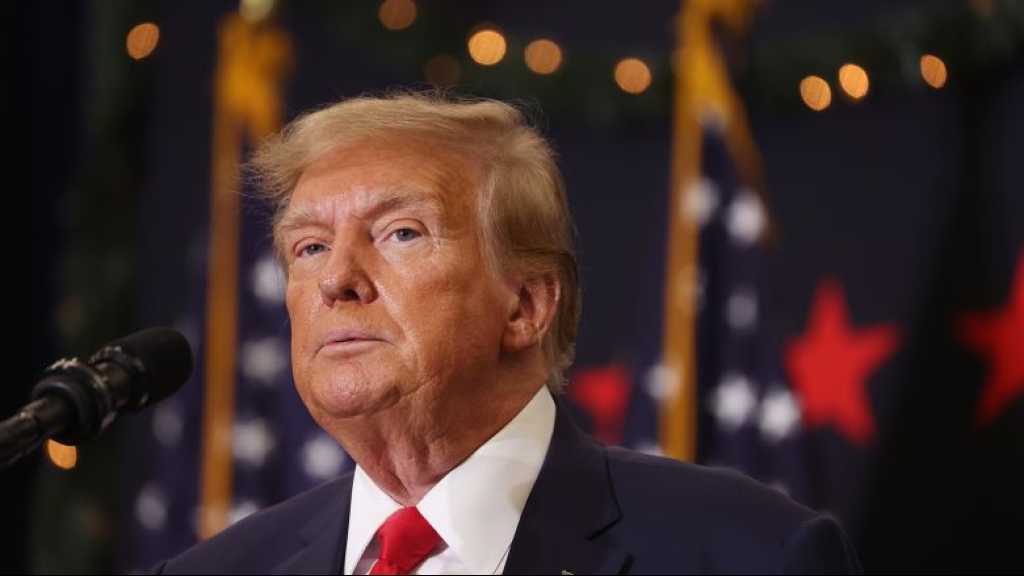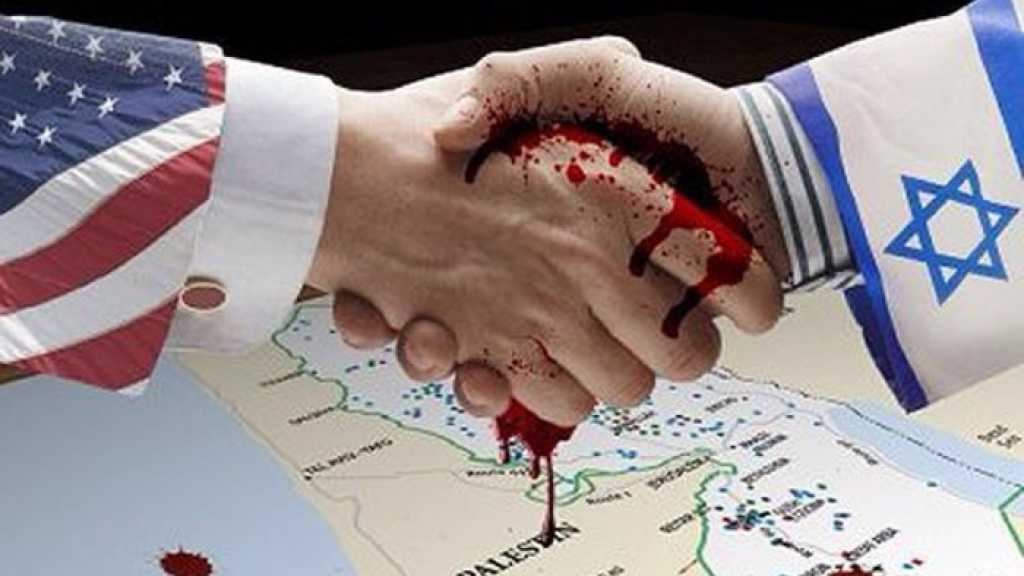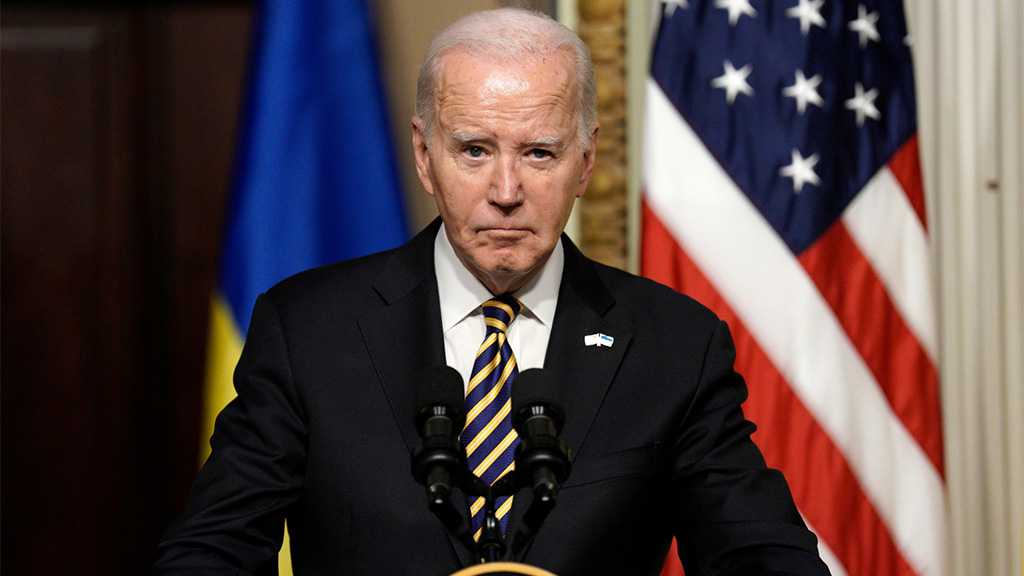
US Senator: We Blindly Support KSA that Made ’ISIS’ Grow, Yemen Suffer

Local Editor
Questioning how long would it take the US to blindly support the Wahhabi al-Saudi regime in their dirty wars, US Sen. Chris Murphy describes how the kingdom has helped "ISIS" grow and made Yemen suffer.
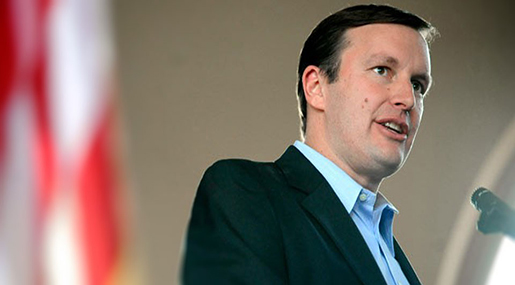
The US's relationship with Saudi Arabia has weathered disagreements over how to rein in Iran, regime change across the Middle East and several large military adventures. Now it faces a new question, which was crystallized Friday in a speech by influential progressive Sen. Chris Murphy
"No one has a particularly credible long term strategy [for the Middle East] because it would involve facing some very uncomfortable truths -- about the nature of the fight ahead of us, and imperfections of one of our most important allies in the Middle East," Murphy said in a speech at the Council on Foreign Relations in New York.
He further added: "For all the positive aspects of our alliance with Saudi Arabia, there is another side to Saudi Arabia" that America doesn't often see, and it is a side that we can no longer afford to ignore as our fight against Islamic extremism becomes more focused and more complicated."
Murphy's frank and measured critique is one of the most high-profile of its kind, evidence in itself that questioning the relationship between Washington and Riyadh is becoming less of a political heresy.
Initially rooted in a shared interest in protecting the kingdom's vast oil reserves, the US-Saudi partnership has evolved into a broad, shadowy military relationship that is difficult to fully detail.
Between 2009 and 2014, the US delivered over $12 billion of weapons to the kingdom, much of which is being used in the bloody Saudi-led war in Yemen.
To Murphy, this relationship and the general assumption that it cannot be questioned has been risky and occasionally self-defeating.
It has required the US to largely ignore the Saudis' decades long funding for fundamentalist thinking in the Muslim world -- a mindset that experts say makes communities more vulnerable to recruitment by militant groups like "ISIS".
"Less-well-funded governments and other strains of Islam can hardly keep up with the tsunami of money behind this export of intolerance," Murphy said, noting that the monarchy in Saudi Arabia relies heavily on its alliance with hardliners known as Wahhabis. "It is important to note the vicious terrorist groups that Americans knows by name are Sunni in derivation, and greatly influenced by Wahhabi, Salafist teachings," he said.
The costs of aligning with Saudi Arabia are especially clear now because that friendship has led the White House to join the controversial Saudi campaign in Yemen. Almost 6,000 people have died there, including thousands of civilians, since Saudi Arabia launched a US-supported campaign to restore the country's government last March, according to the United Nations. Some of the strikes by the Saudi-led, pro-government coalition may count as crimes against humanity, the UN said this week.
The question of how to manage the US relationship with Saudi Arabia has become more complicated since July, when the US and five world powers finalized a nuclear agreement with Iran, the kingdom's regional rival. The deal has created the perception among some in the Middle East and Washington that the US and Iran are gradually moving towards improved relations.
"In the wake of the Iran nuclear agreement, there are many in Congress who would have the United States double down in our support for the Saudi side of this fight in places like Yemen and Syria, simply because Saudi Arabia is our named friend, and Iran is our named enemy," Murphy said Friday.
The view Murphy described has a host of supporters in Washington, from scholars at Saudi-funded research institutions like the Arab Gulf States Institute to some of Obama's top aides and Murphy's colleagues.
Obama's State Department has approved billions in various military sales to Saudi Arabia since the Iran deal wrapped up, including $11 billion in warships and over $1 billion in new bombs.
To Murphy, defending the Saudis as a knee-jerk reaction rather than as a deliberate strategy is unsustainable. "The Middle East doesn't work like that anymore," he said. "There is growing evidence our support for Saudi-led military campaigns in places like Yemen are prolonging humanitarian misery and aiding extremism."
The freshman senator and other Democrats on the foreign relations committee placed a hold on bomb transfers to Saudi Arabia in October because they wanted more answers about US-aided Saudi conduct in the Yemen campaign. The committee also increased its oversight of weapons shipments to the kingdom in December.
Though a Murphy aide said the hold has now been lifted, the senator made clear Friday that he would like to suspend all US military support for the Yemen war -- "at the very least, until we get assurances that this campaign does not distract from the fight against ISIS and al Qaeda, and until we make some progress on the Saudi export of Wahhabism." He urged his colleagues to abide by similar conditions before approving future arms sales.
He made that argument based on tangible consequences of the campaign -- notably that it has given breathing room to Yemen's al-Qaeda in the Arabian Peninsula, the most lethal branch of the terror group, and that it has distracted Saudi Arabia, the United Arab Emirates and Qatar from the battle against "ISIS" in Iraq and Syria.
Though the US's friendship with Saudi Arabia is unlikely to erode anytime soon, for a long list of strategic reasons, Murphy's questioning suggests that in some months, or years, that relationship could come with more conditions.
Source: News Agencies, Edited by website team
Comments
